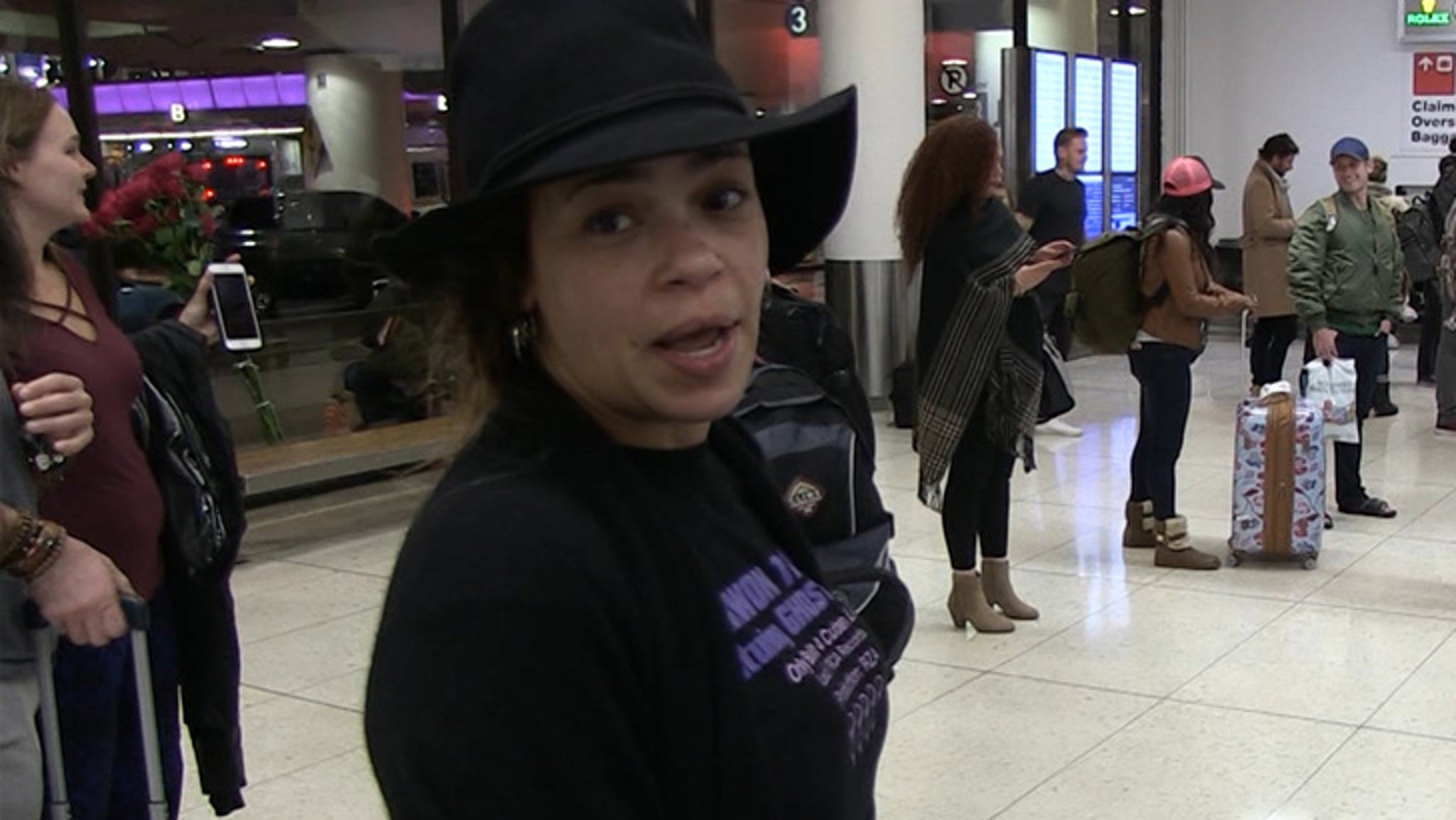


Not only did “My Life” utilize ‘70s soul samples from Barry White, Curtis Mayfield, Al Green and Roy Ayers to create the backdrop for Blige’s pain, it became the manifesto for Black women staring that pain in the face and pushing forward, even at their lowest moments. Blige through the grief that inspired 1994’s “My Life,” producing almost the entirety of arguably the best R&B album of the decade. He produced three songs, including the chart-topping " Big Poppa" and the original “One More Chance," on the Notorious B.I.G.'s 1994 debut, “Ready to Die” - the album that propelled Bad Boy to a new plateau. The Washington, D.C., native’s ability to spot the ties between R&B and its brash offspring, hip-hop, then create something novel in the overlap was the bedrock of the Bad Boy records that helped push the label, and Black music in general, up the mountain at a pivotal time for both. Quietly, Thompson’s resume and musical acumen reflect so much of what remains singular about those genres during that era - particularly their fusion. 9 from COVID-19 complications at age 53, was a pillar of the Hitmen - which included Deric “D-Dot” Angelettie, Nashiem Myrick, Stevie J and Mario Winans - and his fingerprints are all over some of the greatest hip-hop/R&B records of the ‘90s and 2000s. Producer Carl “Chucky” Thompson, who died Aug. They did, however, during the label's indomitable peak in the mid- to late 1990s, popularize and glamorize the remix, as hip-hop and R&B began to supplant rock as the sound of popular music. (Kris Connor / Getty Images)ĭespite mogul and marketing wizard Sean “Diddy” Combs’ bold assertion, he and his Bad Boy Records in-house production team, the Hitmen, didn’t invent the remix. Carl "Chucky" Thompson, a skilled hitmaker who blended hip-hop and R&B for Bad Boy Records, died Aug.


 0 kommentar(er)
0 kommentar(er)
